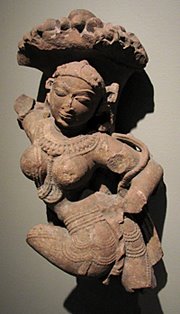The news story widely published this week concerning a letter from Albert Einstein to philosopher Eric Gutkind in January 1955, in which the scientist makes remarks that belief in God is childish, etc., doubtless has many atheists crowing triumphantly. The USA Today article is more informative than many.
The curious point about this, a point which should give pause for thought, is that Einstein emphatically and angrily denounced atheists who attempted to use his statements to support their disbelief in God. (See Max Jammers, Einstein and Religion, pp. 96-7.) Jammer's own conclusion, and a reasonable one, is that while Einstein rejected belief in a so-called "personal God", that is, a God possessing anthropomorphic or anthropopathic qualities, he retained belief in God manifested "in the laws of the Universe as a spirit vastly superior to that of man, and one in the face of which we with our modest powers must feel humble" (Jammers, p. 148).
Einstein's statement in the letter to Gutkind concerning the childishness of belief in God would be consistent with his other statements about God if the term is used in the sense of a personal God who watches over humanity and to whom one should pray. In other words, the common, anthropomorophic concept of God.
The ambiguity of Einstein's remarks concerning God stem from the fact that once one has rejected anthropomorphic concepts, little can be said concerning the true nature of God. Any attribute one attempts to assign, love, intentionality, etc., is also a human attribute and thus anthropomorphic. Jammers compares Einstein's theological position with that of the 12th Century rabbinical philosopher, Moses Maimonides, who argued that the highest knowledge of God is knowing we are unable to comprehend God (paraphrased from Jammers, p. 144).
Whether Einstein could be considered a theist is something of a vexed question. He was obviously not a theist in the traditional sense, which Jammers points out. However, since he was not an atheist, nor an agnostic, and apparently did believe in some form of God, it is difficult to know how else to categorize his belief. Einstein repeatedly argued that the only definite knowledge we possess concerning God's nature is how God is manifested in the laws governing our universe. The argument indicates a belief that God in some sense is responsible for creation, which rather suggests a theistic position.
Thursday, May 15, 2008
Subscribe to:
Post Comments (Atom)





No comments:
Post a Comment